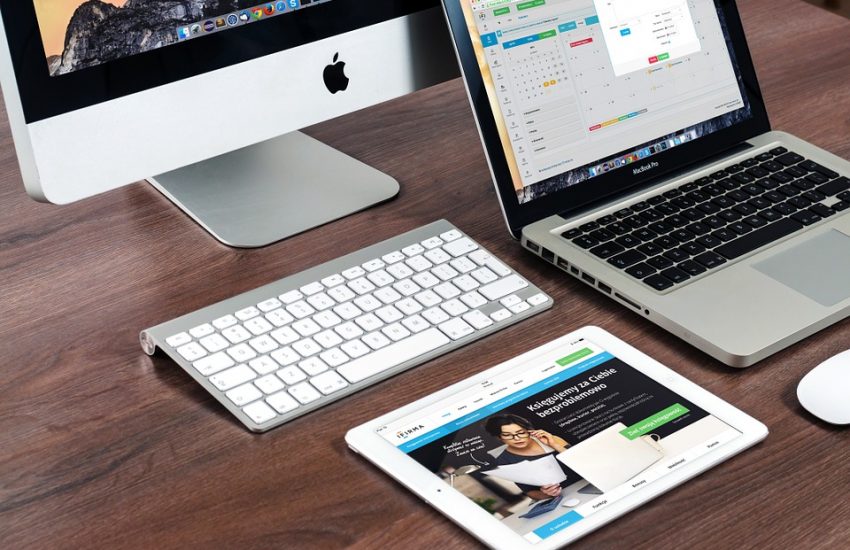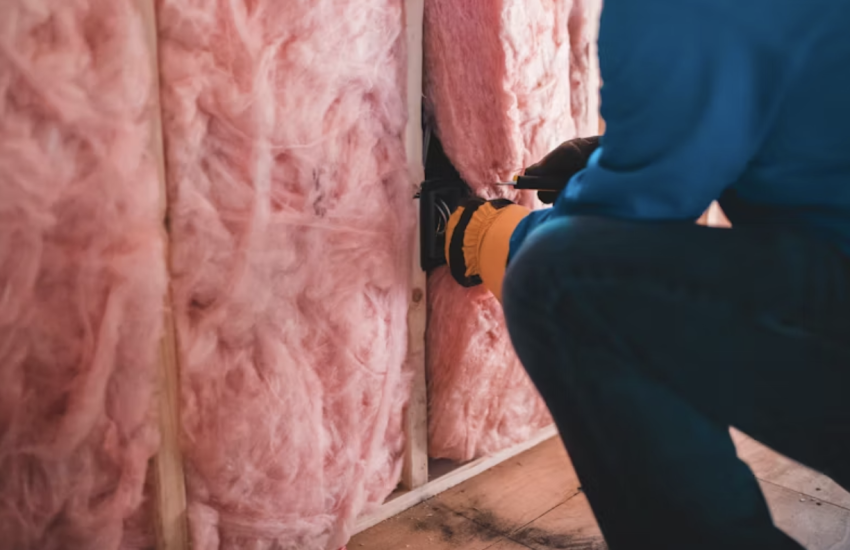Different Types Of Fascia Boards | Advantages and Disadvantages
There are different ways to make your house look good. While most people concentrate on the windows, walls of the building and garden but you may find that you can dramatically improve the look of your home by changing the roof.
A new roof install would be expensive and probably not necessary but underneath that you will find that there are Fascia boards. It is boarding that sits directly under the roof and is attached to the lower end of the roof trusses. It supports the bottom row of tile and also the gutters. In short, it gives a tidy, clean and stylish look to your home.
New fascia boards and guttering can really improve the look of your home and make it look more modern, even giving them a clean can really help.
The main purpose of using fascia boards does not end here as it protects the roof space from any excessive moisture. The guttering is attached to the board and thus it’s important that it is maintained regularly. When it rains heavily the fascia board may have to hold the weight of gallons of water that passes through the gutter. The whole system of fascia board comes with soffits. They are available in different varieties and are made up of various materials.
What Type of Material do Fascia Boards come in?
Different types of materials are used for making Fascia boards. They include wood, aluminum and UPVC. Amongst them wood is being used for long for making the boards and is still the traditional choice. Compared to wood, aluminum and uPVC are becoming popular nowadays because they need lesser maintenance and offers a longer life span.
To know more about them we will understand the advantages and disadvantages each type of material offers.
1- Wooden Fascia Board
As mentioned wooden Fascia board is traditional choice. Different types of wood are used for making the boards. Here are its advantages and disadvantages
Advantages:
- Wooden fascia boards have their own beauty. They enhance the aesthetic value of the property. This makes them the traditional choice for being used in making fascia board.
- For making wooden boards you will get different choices. Like choose from pine, spruce, cedar, redwood or fir!
- Wood fascia is quite cost-effective and simple and easy to install. They price range will vary depending upon the type of wood you are using. Apart from that you can expect a life expectancy of about 10 years if you maintain the boards properly.
Disadvantages:
- Wood requires regular maintenance so that they can be water resistance for long. In order to prevent water ingress in the wood they must be coated with preservative before installation. Thus, before buying the wooden boards it is advisable that you check whether they have the preservative coating or not.
- While using the wooden boards you need to re-paint them after regular interval. If that is not done wood may get water sagged and get damaged easily.
- It’s necessary to check for any cracks due to expansion and contraction of wood. If there are any they may attract insect and thus damage the boards.
- It’s necessary to check out for moss and mould on the wood fascia at regular interval. If found they must be taken care of.
2- uPVC Fascia Board
uPVC material is used for making different plastic doors now. They are quite durable. Let’s find out the advantages and disadvantages.
Advantages:
- They are quite durable. Most of the time you get 20 years guarantee for the product.
- Much maintenance is not required apart from wiping them with a damp cloth to keep them clean.
- uPVC is a material that has resistance against rot, mould and any kind of degradation. So, being resistance to moisture there is no fear of being damp.
- Over the years the aesthetics of the uPVC boards are improved so that they can go well with the exterior of your home.
- Being lightweight it is easy to install them.
Disadvantages:
- uPVC fascia boards are not eco-friendly like their counterparts like wood or aluminum.
- The looks of the uPVC boards may have improved but when compared to wooden boards they still need improvement.
- The lifespan is better than wood but of compared to aluminum their life apan is shorter.
Aluminum Fascia Board
Amongst the various choices available aluminum is very sturdy. Let’s find out the advantages and disadvantages of aluminum.
Advantages:
- Amongst the various kinds of fascia boards available aluminum boards are the strongest. The expected lifespan of these boards are at least 25 years.
- There are chances of getting rusted from forming but the aluminum boards are coated in polyester powder so that there are least chances of rusting.
- Aluminum can be recycled. Thus, even after being used for long, the product can be reused. Even the products are manufactured from recycled aluminum.
Disadvantages:
- Compared to both wood and uPVC the cost of aluminum is higher.
- Wood is a better insulator of heat compared to aluminum.
Final Words
While there are different choices available for fascia boards and soffits, you can choose one that best fits with your requirement and budget. All of them are good from their point of view. You have to decide which will be good for your home.


















